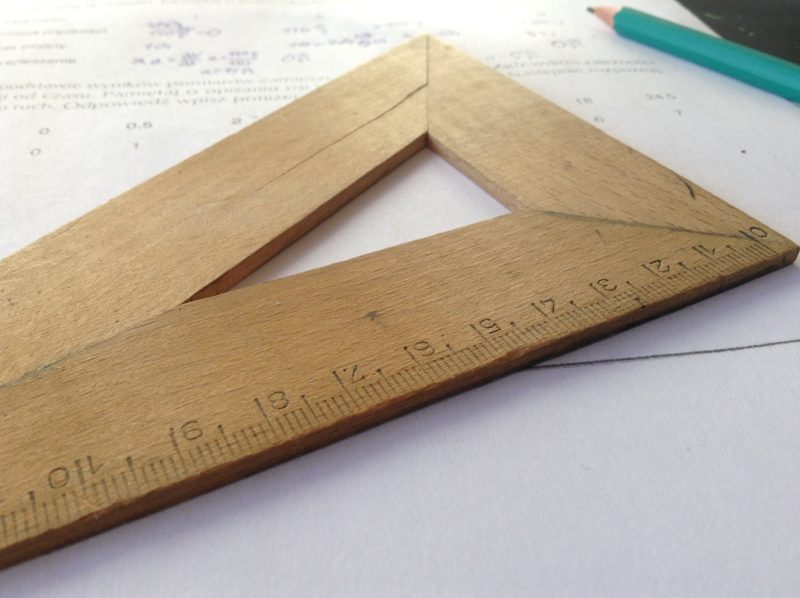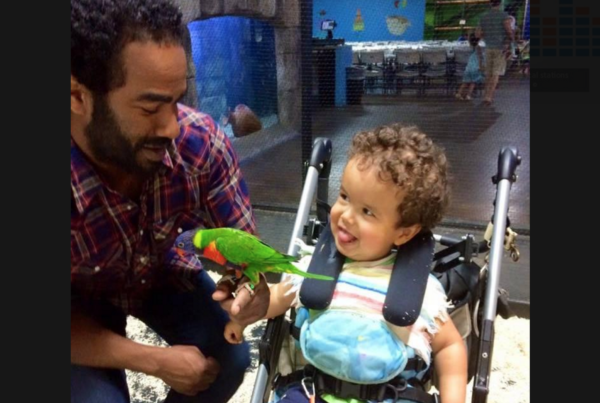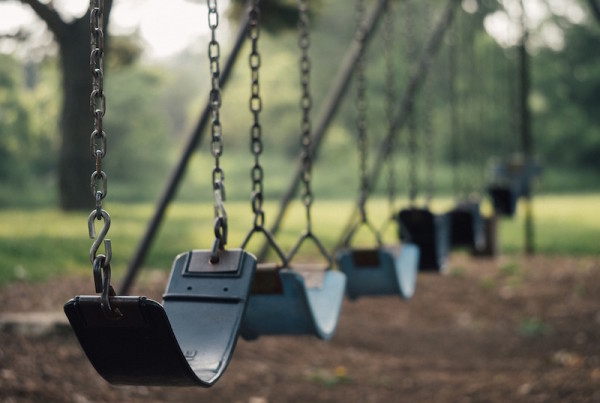Brandy Young, a second-grade teacher in the Godley school district, west of Fort Worth, sent a letter home to parents explaining she would no longer give homework earlier this week. As reported in the Washington Post, the story went viral.
Young’s letter mentioned that “research has been unable to prove that homework improves student performances.”
Jacquielynn Floyd, a Dallas Morning News columnist, says she’s been fact-checking some of the claims. She says “Sorry, parents, your child probably doesn’t have too much homework.” In fact, Floyd says to homework or not to homework is an age-old question.
“This battle has been fought going back more than a century,” she says. “In 1900 an editor for the Ladies’ Home Journal crusaded against homework. In fact, the state of California outlawed homework for almost a decade. ”
When Floyd was a child, she says teachers made a strong push toward more rigorous academics, stemming from pressure for kids to catch up to the Russians in math and science during the space race.
“But now, particularly with the rise of social media and technology, families are so squeezed for time they’re just desperate,” Floyd says. “What I was surprised by was the vehemence – how strongly people feel about this, even from a policy standpoint. And a lot of parents are just saying ‘We want school to be school.’ And outside school, it’s all family time.”
Doing her own homework, Floyd found that the no-homework attitude came mostly from a 2006 study at Duke University. The study found that there was negligible improvement in classroom performance for children in primary grades – kindergarten through second grade.
“Their caution was that too much homework – too great a burden – to put it bluntly, could teach kids to hate school, could make them very hostile to academics,” Floyd says. “But there are a sizable body who say, ‘Look 10-20 minutes – even for a kindergartner – in the evening to review what they’ve learned in a low-pressure environment is not a problem and that it helps get them accustomed to the idea that yes, you need a place to study at home.”
Her advice for parents struggling with the age-old homework question is to examine their priorities.
“How much TV are your children watching? How much are they spending on social media? Are they trying to multitask while they do their homework? It’s possible that they just need fewer distractions and then it would take them less time,” she says. “But I would also strongly encourage families who genuinely feel the burden is too great to talk to kid’s teacher. … I think most teachers really do what to compromise.”
Post by Beth Cortez-Neavel.

















